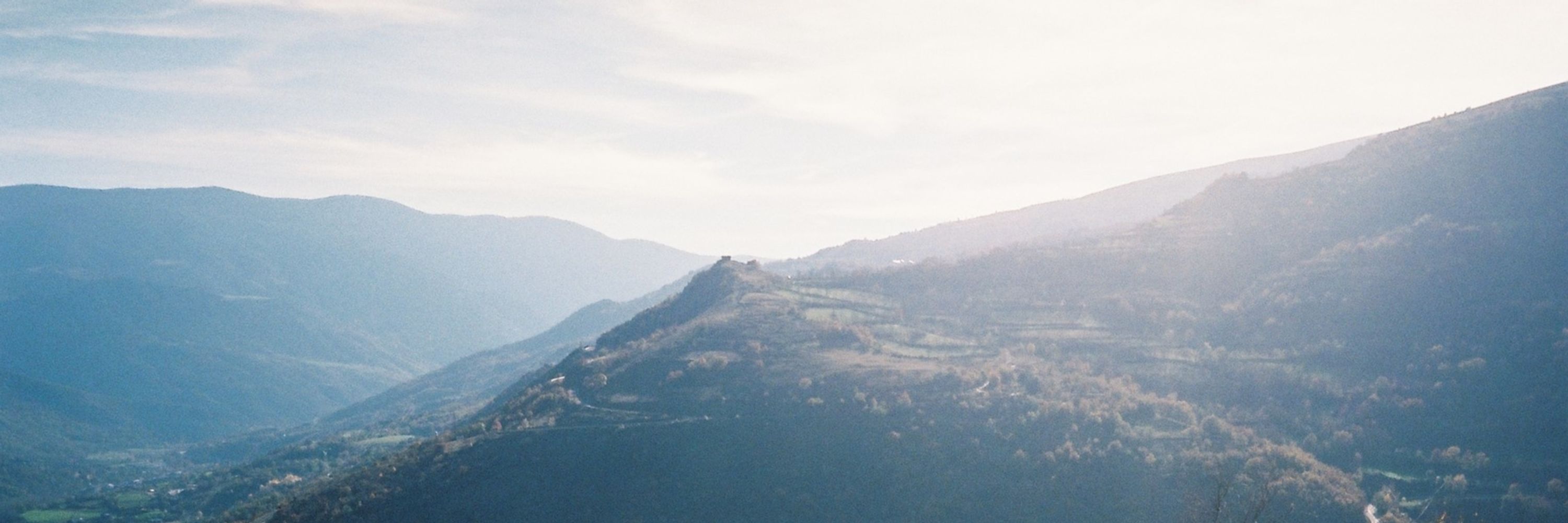
www.biorxiv.org/content/10.1...

www.biorxiv.org/content/10.1...

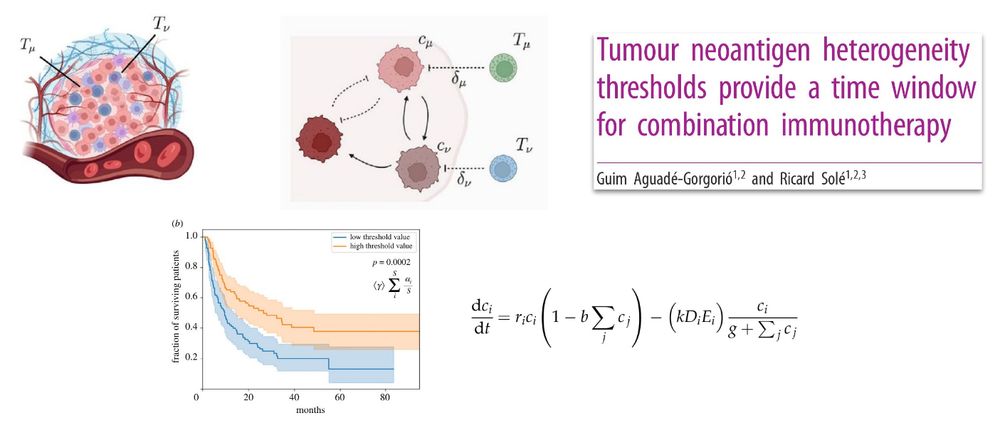
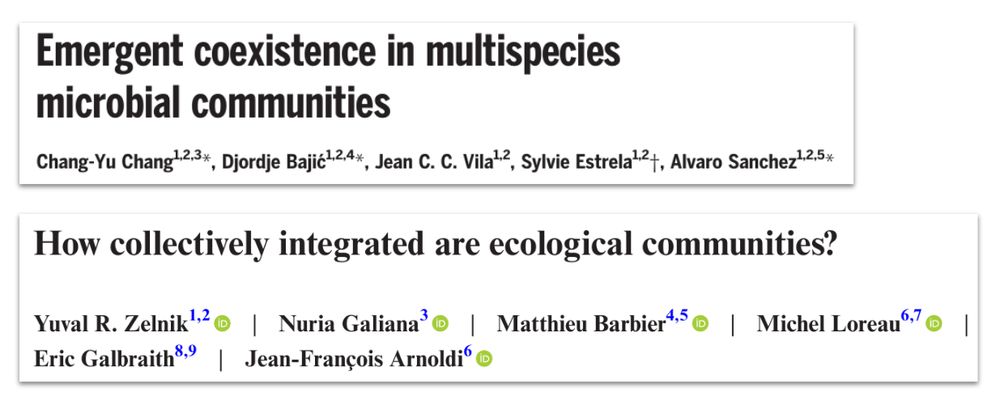
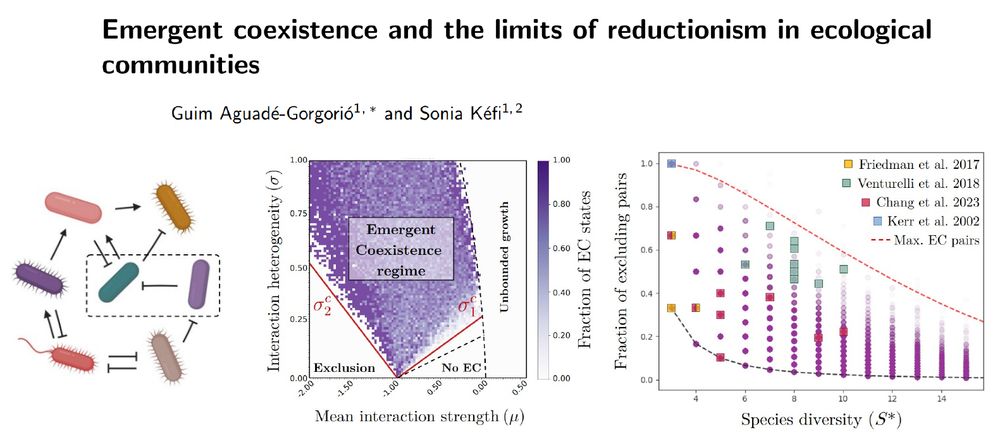
An honor to work w/ @ricardsole.bsky.social and Sandy Anderson while bringing in recent work in ecology with Sonia Kéfi!
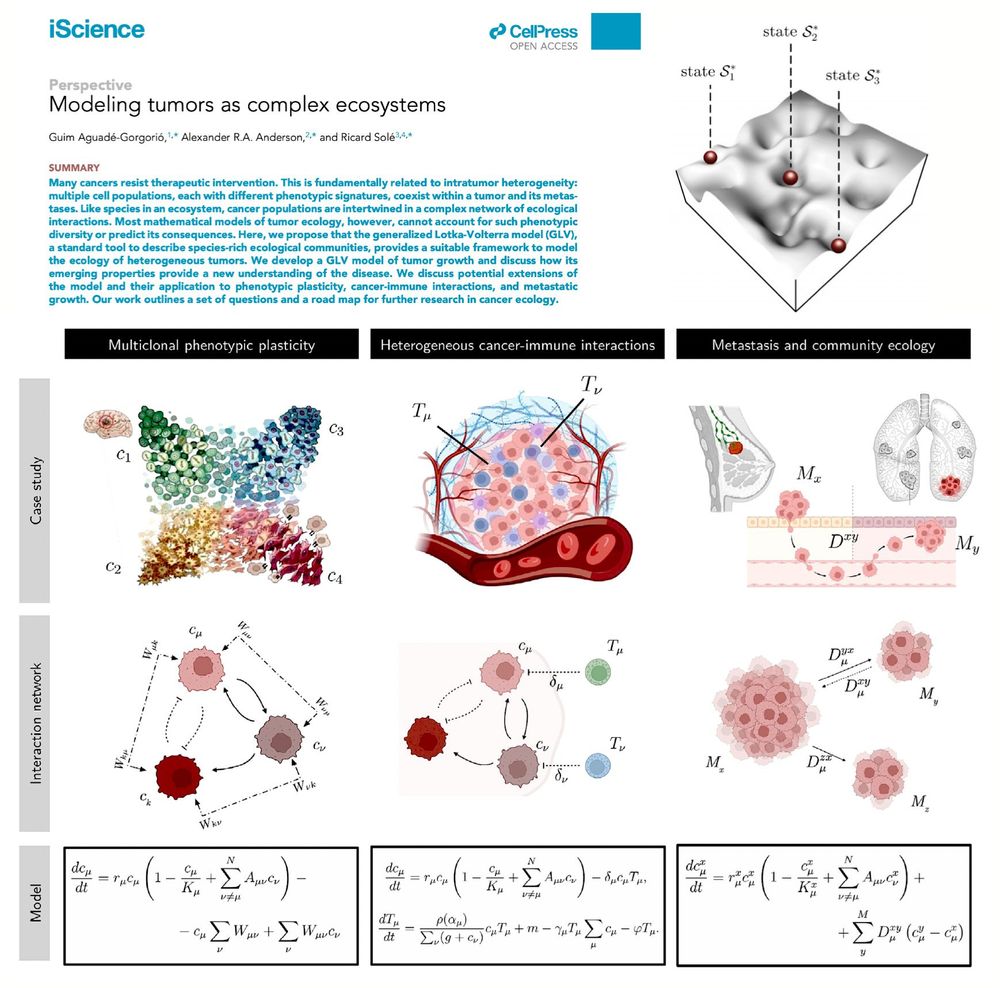
An honor to work w/ @ricardsole.bsky.social and Sandy Anderson while bringing in recent work in ecology with Sonia Kéfi!

